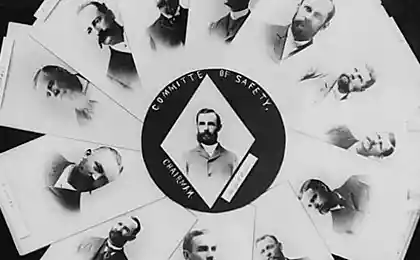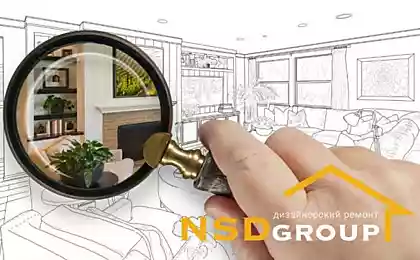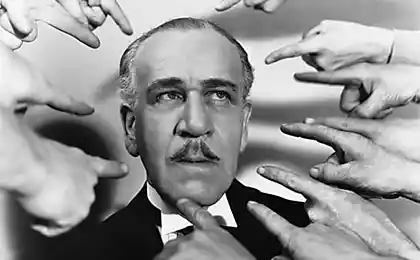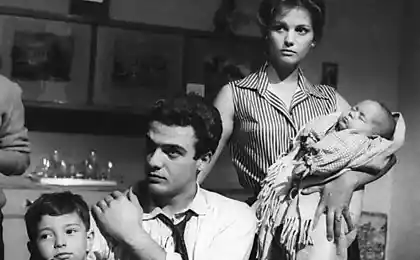4 common misconceptions about constructive criticism
This article is a translation of an article columnist blog Cracked.com Christine Eich.
blockquote> People have created a number of rules relating to constructive criticism, and were able to convince a lot of people just accept these rules as if it were obvious truths, despite the fact that these rules are actually very silly. Below - the same silly rules.
1. Criticism is constructive only if it is added in a little pozitiva
Probably the biggest misconception about "constructive criticism" is that you absolutely must say something positive to whom is addressed the criticism, form criticism to give a compliment to the man hint , what to do next. And all this, instead of just tell him to do that - you can not.

Sometimes people will see that something is wrong. They do not know how to fix it, but they see something like that, then you will not see until then, until they tell you. So why not just ask them to sit down, so that they can think things through and find a solution?
And how useful add compliments to the criticisms? Sure, some benefit in it. We're not robots. If you give people some hope that the work should continue, he will be more willing to move forward. If the criticism is not accompanied by compliments - people will feel very bad. However, it is hardly worth your every criticism "seasoned" with compliments. After a while these "compliments" will look so labored that criticized this notice. And it is even more demoralizing than honest and tough criticism.
2. You can only criticize someone who does the same samoe
Sometimes the director snaps at viewers who do not want to watch it a terrible movie, and asks them how many movies are filmed. "No one? I thought so. Then keep your opinions to yourself »!
The idea that you can criticize a film only if they themselves filmed a movie, like any big lie, based on a particle of truth. Some elements of the creative professions really can only be understood from the practice and experience. These are different things technical, practical work, logistics, juicy insider gossip, and the like. And when a stranger begins to lecture an expert on these things, he usually looks very silly.
However, there is one thing that we all are experts: the way we looked at it offered us a movie. If the movie you quickly tired, and you're bored, then you are definitely an expert in how you were bored. If you hate the main character, then you're an expert on the hatred of the protagonist. In other words, until you perceive something as a person and express your opinion about this, you're right. And when a lot of viewers perceive the picture is similar, their total view becomes even more significant. And if the majority of people in the audience wakes up with only the final credits of your film, then the film is clearly something wrong, no matter the audience remove their own films or not.
3. Negative feedback can interrupt rabotu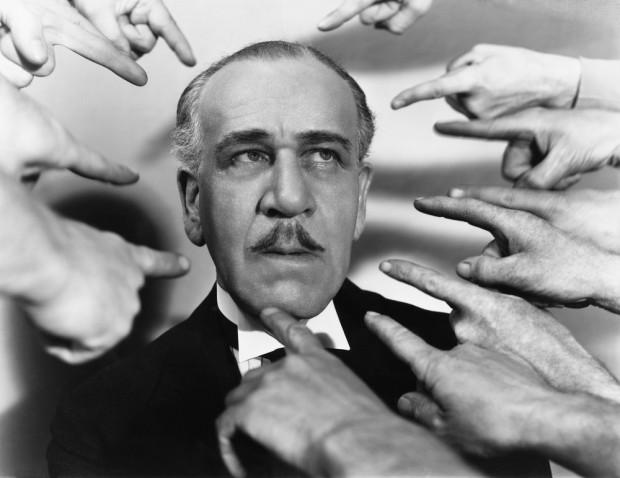
Sure, sometimes people just say, "Dismiss this man." Or, "Do not go to this film." And all it is clear that they want to warn you from making any mistakes and make sure that you do not repeat it in the future. But if you create something that truly proud, and at the same time you are concerned that it will people say, then your idea sounded like "I do not like it" could be like "never do this" .

Such a substitution caused by the fact that you do not take feedback about your work apart from your own inner voice. Those voices in your head always sound the duo.
The situation can be remedied in two ways: if the critic will be able to finish his review on a positive note, and if the one who does the work, will be able to remove the inner voice that he subconsciously combined in his own head. The main thing is to remember that your inner fear of failure says one thing and the network commentator said something else, and these statements should be viewed strictly in isolation. And it is very useful in this case to remember that if people have accumulated a lot of negative reviews about some things and they do not make them lazy, it means that the criticized thing people really like. Otherwise, they simply would not spend so much time in her criticism.
The next time you see someone painstakingly enumerates all the shortcomings of your work, think about the reason that made the man so long to think about these shortcomings. Perhaps he was thinking about it for so long because he really like what you're doing.
4. Critique of vdohnovlyat
Many people think that if they criticize someone, it makes criticized get better or even become equal criticism. This is another foolishness. For example, take an extreme case. Suppose you are the head of the studio cynical and openly preying on the awful taste of millions of viewers watching your movie "Transformers." And when you take the next marketing decision to release the sequel to "shoot" a franchise that has become your "cash cow", you will be very interested in what people think about her audience. So you have to strenuously pretending that you carefully listen to the statements of viewers that "the film is a little explosions", that "at Megan Fox too many clothes," even if you despise these viewers.
On the other hand these "weights" will direct the filmmakers who will never accept any amendments to the film by those who are "not their rank." They do not want the audience to accept the amendment because they think that with the recognition they will lose some of its influence. And it will mean that they are not as good as they thought of themselves.
In fact, if we admit the truth of the other person about some things not too large, then the man of your recognition will not get anything. Moreover, recognizing some small mistake, you can even look better in the eyes of the man.
Conversely, when you force someone to admit that they were right and he was wrong about some minor problems - it does not elevate you above him, and does not give you any additional features to solve any problems.
Criticism - it's just the opinions of others about your activities. And nothing more.
via factroom.ru








